New Haven, 16 Muharram 1437/29 October 2015 (MINA) – A Yale Muslim student has won the Individual World Poetry Slam Championship (iWPS), winning the coveted title against hard competition from some of the world’s best poets.
“I was dazed,” Emtithal “Emi” Mahmoud said, recalling the moment her name was announced as the winner, On Islam quoted by Mi’raj Islamic News Agency (MINA) as reporting.
“I was like, ‘Wait, what? That just happened?’” she added.
Mahmoud was crowned the iWPS champion on October 10, in the event which boasted an initial field of 96 poets, the largest yet in competition history.
Also Read: Academic Boycott of Israel Doubles Despite End of Gaza War
The annual four-day competition is organized by Beltway Poetry Slam and Poetry Slam Inc. (PSi), and attracts some of the world’s best poets.
In addition to the main poetry competition, the championship includes workshops, open mics, and events for all ages.
Mahmoud, originally from Darfur, Sudan, came to the US as a toddler in 1998.
She was first attracted to poetry after seeing a spoken word performance by Sean Beckett ’13.
Also Read: Trump, Mamdani Aim for Cooperative Relationship After White House Meeting
Later on, she discovered ¡Oyé!, spoken word group affiliated with the Latino Cultural Center that does not require auditions. Its name means “hey” or “listen” in Spanish.
“I needed a space where I could grow my art and write for the sake of writing and for the sake of community. I found that in Oyé,” said Mahmoud.
Joining the group, she formed the Yale Slam Team under the group’s coach, Alysia Harris, a Ph.D. candidate in linguistics. Eventually, Mahmoud became co-artistic director of Oyé with David Rico ’16. She also co-coached the Slam Team with Harris.
“It was pretty much an apprentice role; Alysia did all the heavy lifting. I was there to learn, and grow, and do paperwork,” she said with a laugh.
Also Read: Trump to Meet with NYC Mayor-Elect Mamdani at White House on Friday
As her grandmother, who lived in Sudan, passed away during the competition, her parents told her to go to the competition because her grandmother would have wanted her to be there.
One day before the final, she performed two poems, “People Like Us” and “Bullets,” in which she talks about her memories of a war-torn Darfur.
In the former, she notes that “Flesh was never meant to dance with silver bullets,” and she has seen “16 ways to stop a heart.”
In the latter, she writes about feeling “guilty” for having refuge in America and for having an escape while others don’t, noting that her “body should be lined with bullets: one for each of my brothers and sisters who stopped a bullet for me.”
Also Read: Report Exposes Canada’s Role as ‘Weapons Transit Corridor’ for Israel
The Darfur conflict broke out in 2003 when rebels took up arms against the government accusing it of discrimination.
The UN says over 300,000 have died as a result of conflict, disease and malnutrition and 2,5 million have been displaced.
The Sudanese government says that 10,000 have died.
No independent inquiry has been made to date.
Also Read: Trump Designates Saudi Arabia as Major Non-NATO Ally in Historic Defense Pact
The International Criminal Court has charged Sudan’s President Omar al-Bashir with masterminding genocide and other crimes in the region, a charge Khartoum dismisses as political.
Winning the competition, Mahmoud said her whole experience with iWPS underscores the therapeutic benefits of poetry.
“I came away from it feeling much better than when I went in and feeling like I did something for [her grandmother],” she said.
“But at the same time, I’m left in this very bittersweet state because of the genocide and the war. This is the first death in eight years in my family of natural age and natural causes.” (T/P006/R03)
Also Read: Saudi Arabia to Boost US Investments to $1 Trillion: Crown Prince
Mi’raj Islamic News Agency (MINA)
Also Read: New York Mayor-Elect Vows to Uphold ICC Arrest Warrant Against Netanyahu





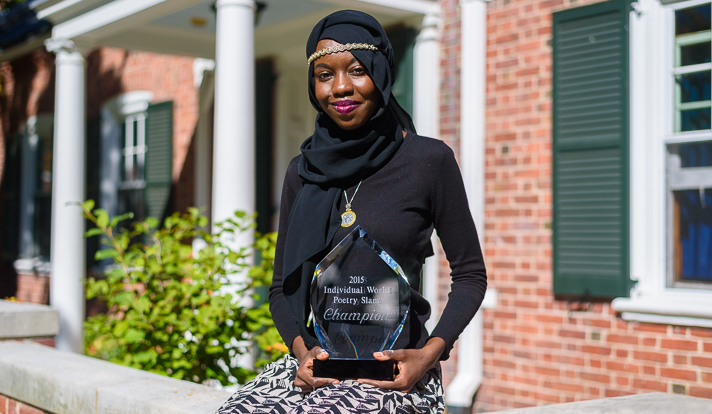




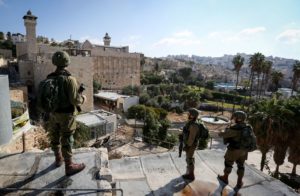
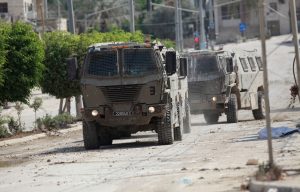

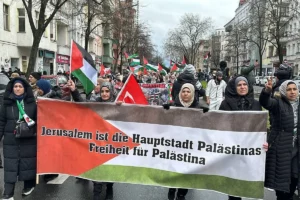

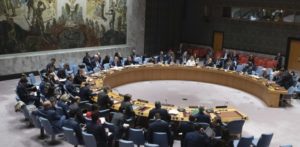



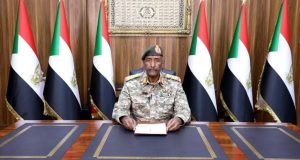






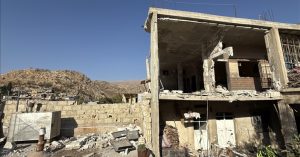








 Mina Indonesia
Mina Indonesia Mina Arabic
Mina Arabic